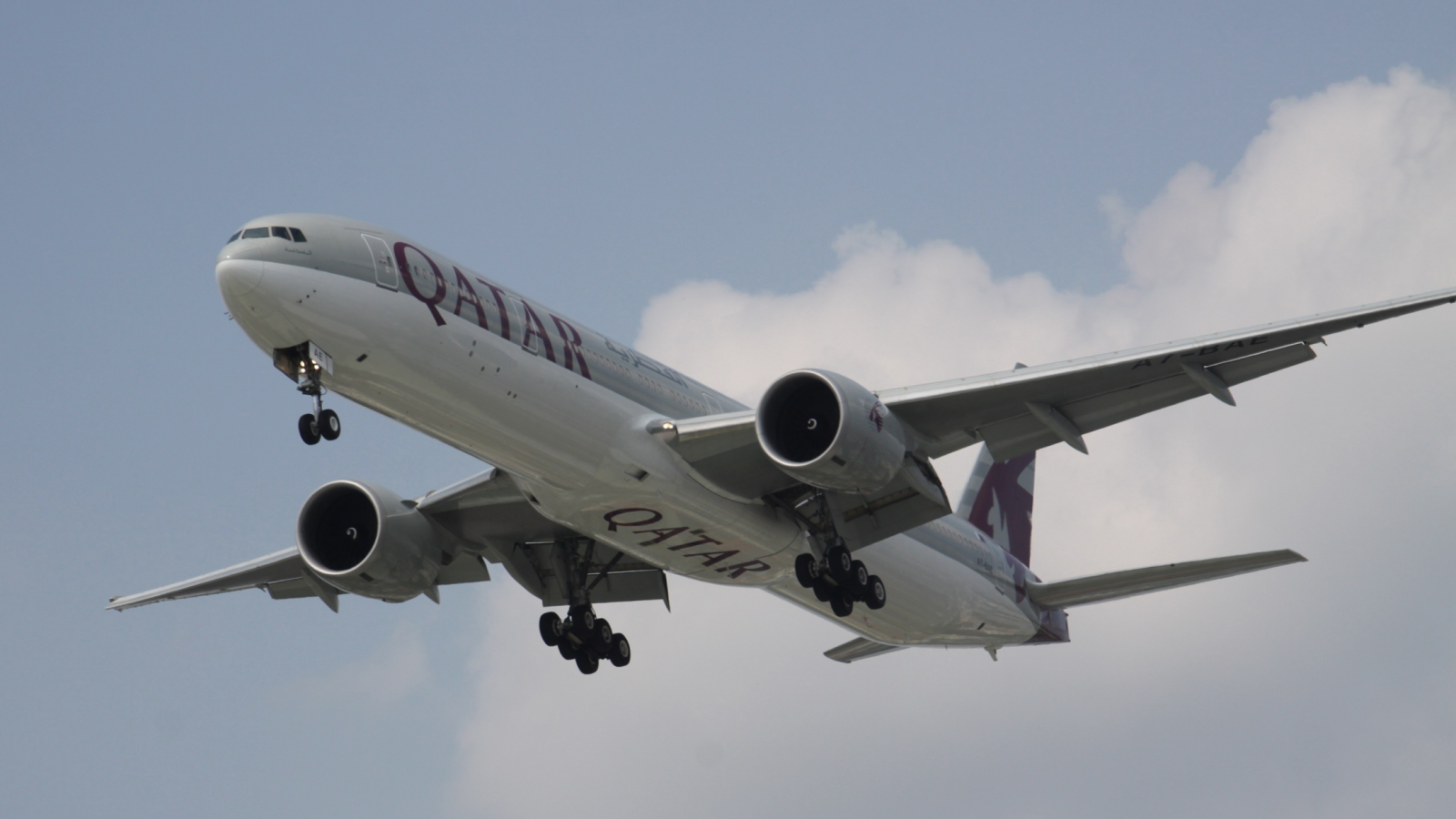Wild Weather Pushes Passenger Jets Over The Speed Of Sound
A storm sweeping the Atlantic has pushed Eastward-bound airliners to speeds of 833 mph and some could still go even faster.
Supersonic air travel has been reserved for military pilots since Concorde went out of service way back in 2003. That's been changing this week, though, as a fierce storm sweeping the Atlantic Ocean has propelled passenger planes to speeds of over 800 mph and some could still go even faster.
When planes travel from America to Europe, they do so at speeds of around 560 mph. To help maintain this high speed and aid efficiency, routes fly along the jet stream, which comprises strong winds that always flow in a similar direction and at a similar altitude. This week, a spate of cold weather and stormy conditions has messed with the jet streams and means that passenger planes are traveling much, much faster.
On Wednesday, two jets from America were clocked with ground speeds north of 800 mph, and strong winds hitting the region today could see travel times cut even further, reports Business Insider.
A plane from Las Vegas to London hit a top speed of 814 mph and another passenger plane from New York to Doha went even faster at 833 mph. Both planes ended up touching down almost an hour ahead of schedule, the site adds.
The eagle-eyed among you will note that the speed of sound in air is about 767 mph, and both of these aircraft were clocked well north of that figure. Annoyingly, due to some rather dull technicalities, they didn't actually initiate a sonic boom and break the sound barrier, as BI explains:
While both flights' top speeds were above Mach 1.2 when taking their cruising altitudes into account, there would not have been a sonic boom.
The planes were traveling at their usual cruising speeds — typically about 600 mph — but were propelled by the North Atlantic jet stream flowing much faster than usual.
So, while the planes traveled above the speed of sound relative to the ground, they were still subsonic relative to the air around them.
Winds are currently up above 200 mph over the Atlantic as a result of a storm that the Brits are adorably calling Storm Éowyn, according to local news outlet the Manchester Evening News. Due to those high wind speeds, it's very likely that we could get a record-breaking transatlantic flight soon.
The winds look set to last into the weekend, and experts that the site spoke with said the current subsonic record of 835 mph "could be broken in the coming hours". If that happens, we could get a new record for the fastest subsonic transatlantic flight:
The transatlantic subsonic flight time record of 4 hours and 56 minutes, from New York JFK to London Heathrow, was set in 2020 and could be broken more frequently in the future.
Another BA flight from New York to Lisbon reached a ground speed of 835mph yesterday, shaving an hour off its journey.
Airlines rely on the jet streams to help save on fuel for flights from America to Europe and the East. The strong winds help push planes along, and are the reason that a flight to London is often much quicker than the flight home to America.
The crazy weather and strong jet streams currently being experienced are no doubt a result of our ever-changing climate. So I guess when the world dries up, has no water left to fight forest fires and all our crops die out, at least we'll be able to fly to London and Paris a little quicker.
